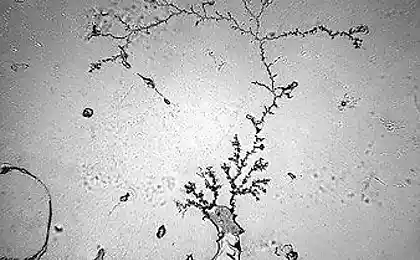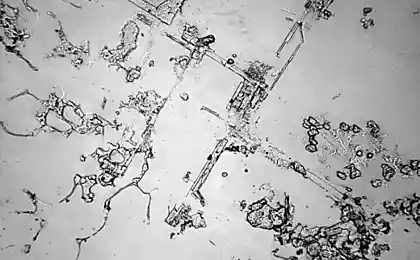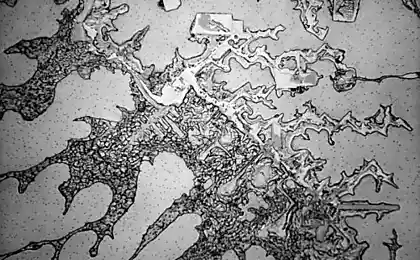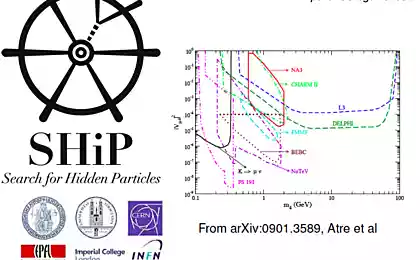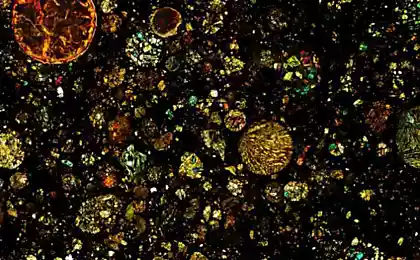732
Tears under the microscope. This unique experiment uncovered shocking!
Once Rose-Lynn Fisher wondered whether different tears of sorrow with tears of joy. To find out, she began to explore the tears under a microscope.
Fischer studied 100 different tears and came to the conclusion that the basal tears (those which lubricate the surface of the eyeball) are very different from tears, acting by cutting onions, and tears of laughter have nothing to do with tears of sadness. Like a drop of sea water, tear bears a microcosm of the human experience. Project Rose-Lynn Fisher called "Topography of tears».
Tears of laughter
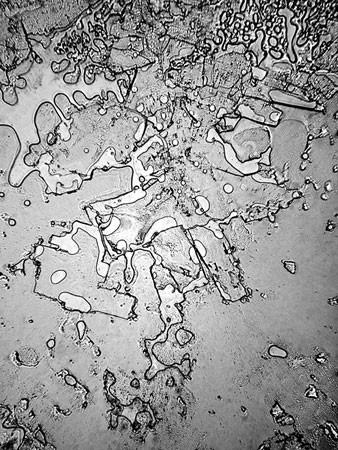
Tears changes
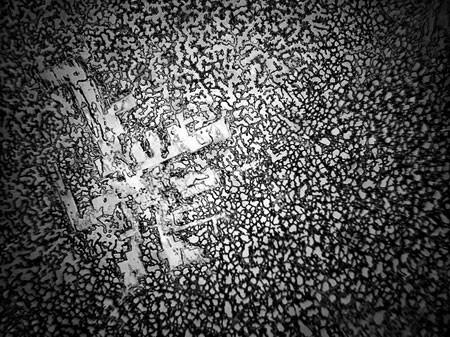
The tears of sorrow
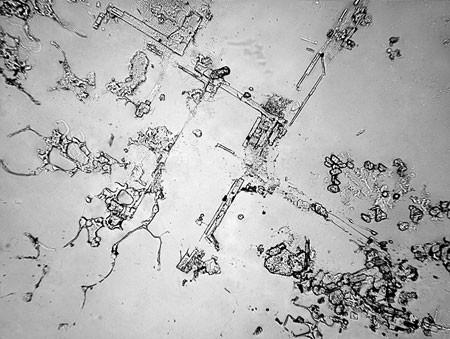
Tears of the bow
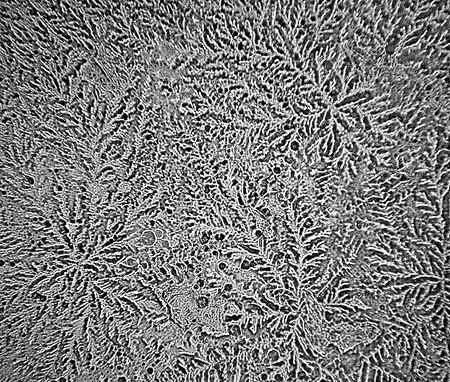
According to Joseph Stromberg Smithsonian College of Arts and Sciences, there are three main types of tears: basal, reflex and emotional (caused by emotions). The tear fluid contains various organic materials, oils, enzymes and antibodies; in salt water, they stay in suspension. Various types of tears have their own molecular structure. The emotional tears contain protein hormone, including leucine-enkephalin neurotransmitter, which is a natural sedative and is released during stress. Teardrop studied under a microscope, have a crystalline structure and can take various forms. Even the emotional tears have the same chemical composition may look completely different. Fisher said: «There are many criteria for distinguishing the chemical composition, viscose, the environment, the speed of evaporation, as well as setting the microscope». I>
Basal tears
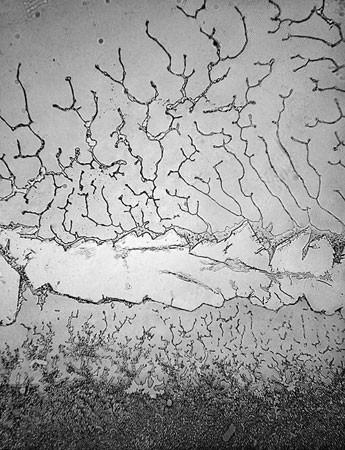
Tears of the meeting after a long separation
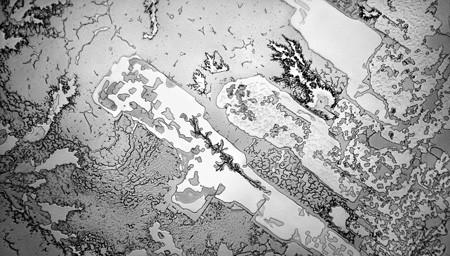
The tears start and end
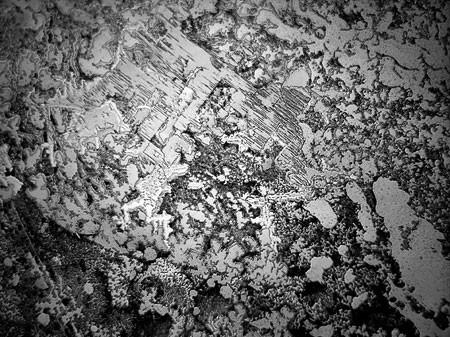
Suddenly tears
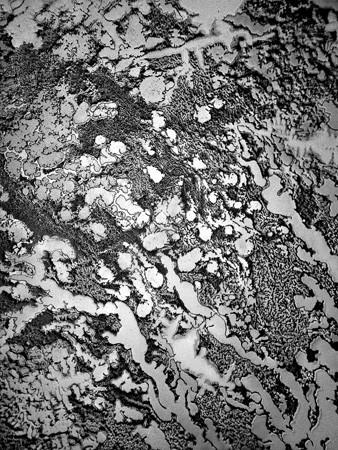
The tears of relief
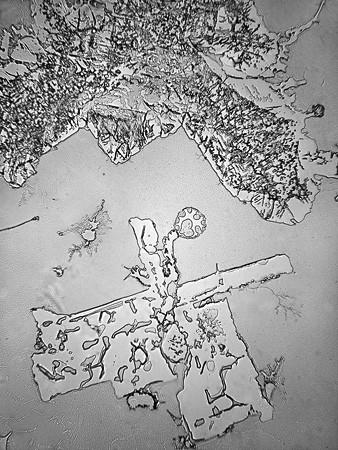
Tears of Hope
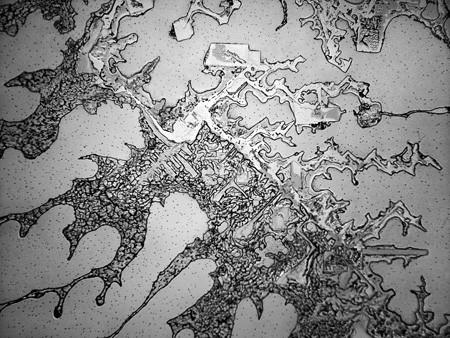
The tears of delight from the experienced events
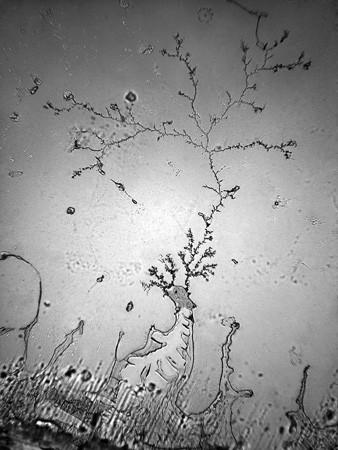
The tears of memories
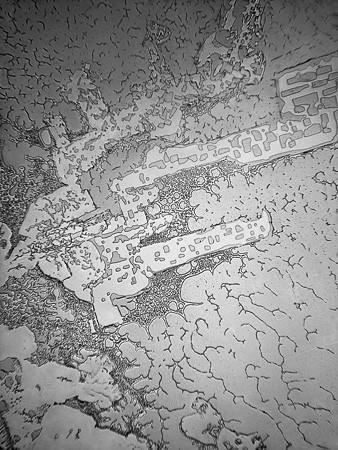
Just as snowflakes and fingerprints, no tear is not similar to another. Share this ifnormatsiey other.
www.rose-lynnfisher.com/tears.html
Fischer studied 100 different tears and came to the conclusion that the basal tears (those which lubricate the surface of the eyeball) are very different from tears, acting by cutting onions, and tears of laughter have nothing to do with tears of sadness. Like a drop of sea water, tear bears a microcosm of the human experience. Project Rose-Lynn Fisher called "Topography of tears».
Tears of laughter

Tears changes

The tears of sorrow

Tears of the bow

According to Joseph Stromberg Smithsonian College of Arts and Sciences, there are three main types of tears: basal, reflex and emotional (caused by emotions). The tear fluid contains various organic materials, oils, enzymes and antibodies; in salt water, they stay in suspension. Various types of tears have their own molecular structure. The emotional tears contain protein hormone, including leucine-enkephalin neurotransmitter, which is a natural sedative and is released during stress. Teardrop studied under a microscope, have a crystalline structure and can take various forms. Even the emotional tears have the same chemical composition may look completely different. Fisher said: «There are many criteria for distinguishing the chemical composition, viscose, the environment, the speed of evaporation, as well as setting the microscope». I>
Basal tears

Tears of the meeting after a long separation

The tears start and end

Suddenly tears

The tears of relief

Tears of Hope

The tears of delight from the experienced events

The tears of memories

Just as snowflakes and fingerprints, no tear is not similar to another. Share this ifnormatsiey other.
www.rose-lynnfisher.com/tears.html
Nobody knew what he did after his wife's death. Until the last 20 years.
This guy handing out free obnimashki. But what lies behind his suit?






